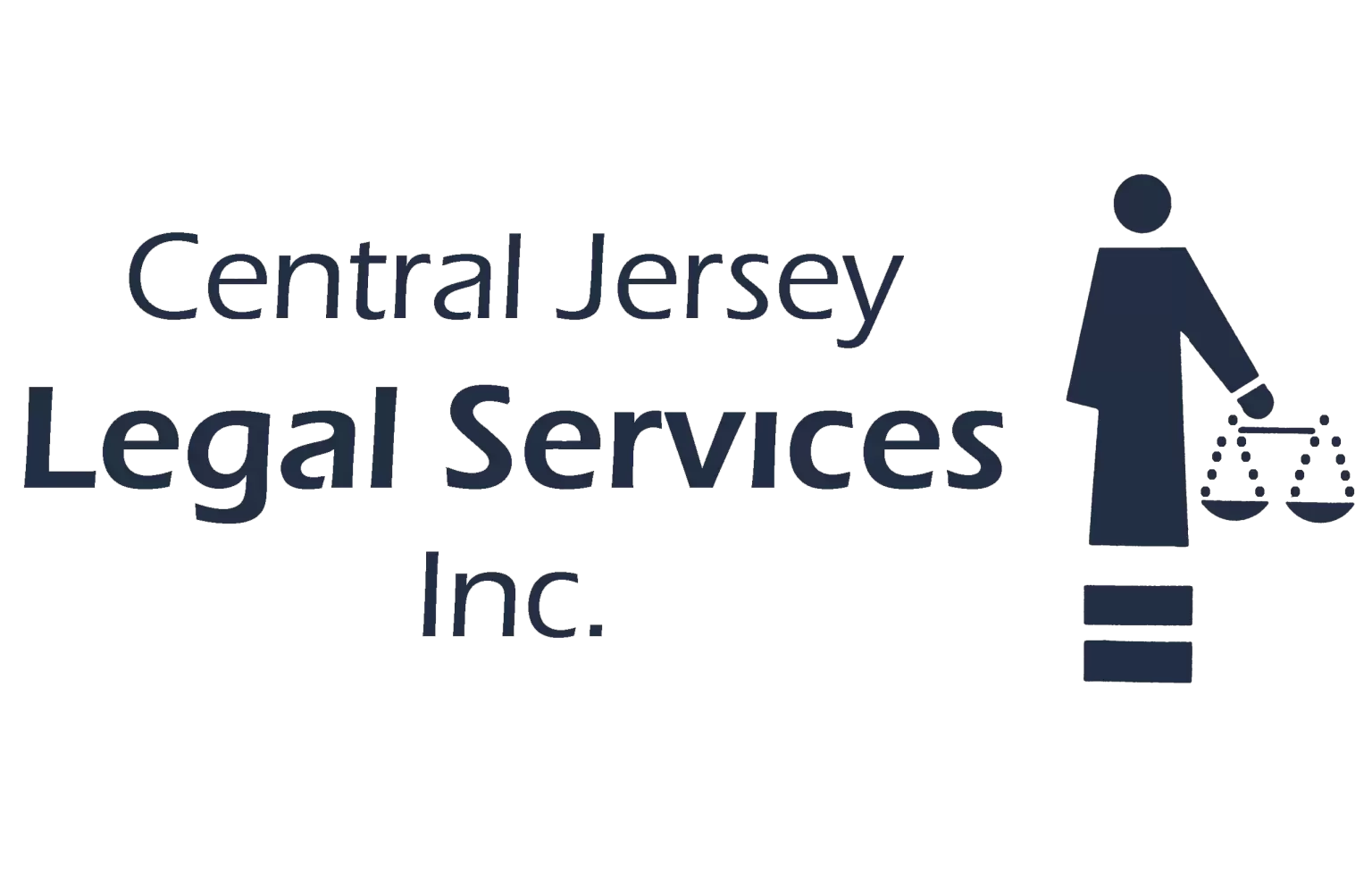The Unemployment Insurance Benefits (UIB) program meets the short-term needs of people who are unemployed. The Federal law sets basic standards.
History
The states set up their own programs within those standards. The money paid to unemployed people comes from taxes that employers and employees pay into the system. Unemployment programs are similar in different states but not identical.
Basic Requirements
To receive benefits a claimant (the person applying for benefits) must have enough earnings in a “base year”. For example, in 2025 a claimant must have 20 weeks of employment earning at least $303 in each week, or a minimum of $15,200 in earnings, in the base year to be eligible. The base year is usually a one year period immediately preceding the filing of the claim. The calculation of the base year can vary, but that is too involved to discuss in this article. The claimant must be able to work, willing to accept suitable work, and must be actively seeking work.
Unemployment Disqualifications
If the claimant meets all the basic requirements, the next question is whether there are any facts that would disqualify the claimant. Was the employee laid off, fired or left the job voluntarily? If a claimant is laid off, benefits are usually payable. If a claimant quit the job, unemployment benefits will not be payable unless the quit was for “good cause attributable to the work.” A quit for personal reasons unrelated to the job, even if compelling, will normally result in a disqualification. In order to get benefits after a quit, the good cause for the quit must be related to intolerable or abnormal working conditions, physical inability caused or aggravated by the job, mandatory retirement, employer relocation to a distant location, or a substantial reduction in pay.
In addition, there are some situations where a claimant is fired, but which are considered a quit. These are usually situations that the employee had some control over. Some examples include failure to report to work for multiple days without contact, loss of a license or certification necessary to perform the job, or incarceration.
Being fired from a job sometimes means the claimant will get benefits. But if the claimant was fired because of “simple misconduct”, the claimant will have to wait six weeks for the benefits to start.
If the misconduct is found to be “gross”, no benefits are payable. And the claimant cannot collect benefits if laid off in the future until the claimant works for eight weeks with earnings amounting to ten times the weekly benefit rate. The penalties are greater if the misconduct was worse.
There are special rules that apply to those who work through temporary employment agencies. A claimant has to report to the agency by the end of the next business day following the termination of an assignment. Failure to do so can result in a “voluntary quit” disqualification.
Decisions and Appeal Procedures
After an application is filed, the claimant will receive a “Monetary Determination” which will list all recorded earnings in the base year and indicate if the claimant is insured. If the monetary determination is incorrect, it needs to be appealed. If the Monetary Determination says that the claim has enough earnings and is insured, a Deputy will speak to the claimant by telephone about the circumstances of the claimant becoming unemployed.
The Deputy will also try to contact the former employer and hear their side of the story. The Deputy will then issue a determination regarding the eligibility for benefits. If that determination is unfavorable, an appeal can be filed with a request for an Appeal Tribunal hearing. An employee of the Department of Labor will conduct the hearing. These hearings are usually done by telephone. This is the claimant’s opportunity to present testimony and all other evidence regarding eligibility.
Any information that needs to be considered in making the decision must be presented at this hearing, because there will probably not be another opportunity to add anything later. The time to appeal the Deputy determination is 21 days from the date of mailing of the decision.
These time limits are strictly enforced. If the claimant does not file the appeal within that period, the appeal will be dismissed. The only exceptions are if the claimant was in a coma or experiencing something equally as dire. If the Appeal Tribunal decision is unfavorable, the claimant has 20 days to file a request for review with the Board of Review.
The Board does not conduct hearings. It bases its’ decision on what occurred at the Appeal Tribunal hearing. If a claimant feels there is information that was not presented to the Appeal Tribunal but should be considered, that information can be submitted to the Board of Review. The Board of Review can choose to look at the additional information or not. If the Board decision is unfavorable, the claimant can appeal that decision in the Appellate Division of the Superior Court. This procedure is complicated. It is not likely to be successful.
Since Unemployment is a complicated program, it is important to consult a lawyer at the very beginning of the process as soon your benefits are denied.
















